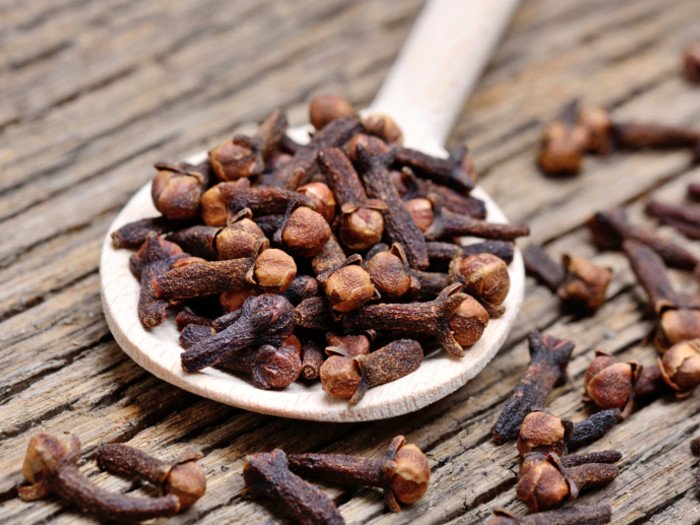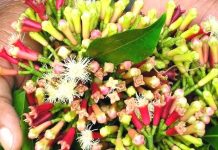ZANZIBAR has embarked on sweeping measures to boost clove production to over 10,000 tonnes by 2021/22 crop season.
The government, through Zanzibar State Trading Corporation (ZSTC), has already distributed over five million clove seedlings to farmers in a comprehensive campaign to expand farms and replace the dead and aging trees.
According to ZSTC Managing Director Dr Said Seif, interest free loans that the government, through its trading arm, extends to farmers have as well inspired and increased interest among the cash crop growers.
Although Pemba Islands had historically dominated production of the lucrative cash crop, with between 97 and 98 per cent of total yields, farming has recently picked up in Unguja as well. “We have conducted vigorous campaigns to promote cloves in Unguja and gratefully production is rising.
Unguja currently contributes over eight per cent to Zanzibar’s total cloves,” Dr Seif told the ‘Daily News’ in an interview. He was optimistic that during the 2019/20’s second harvest season, Zanzibar will record bumper harvests of the moneyminting crop.
The Spice Islands have two harvest seasons per year from July to November and December to April/May.
“During this farming year’s first harvest season, we didn’t receive good yield but we are now looking forward for bumper harvests in this second season, whose buying progresses well,” he said, assuring that at the gate price of 14,000/- per kilogramme, smuggling has almost been curbed.
The revolutionary government, determined to encourage clove production, has maintained the 14,000/-, 12,000/- and 10,000/- prices for the first, second and third grade cloves, respectively, above the world market prices of between 4,700 and 5,000 US dollars per tonne equal to between 11,045/- and 11,750/- per kilogramme.
Dr Seif implored the clove growers to sell pure produce, warning them against contaminating their harvests with other impurities like bud, saying: “Let’s maintain the high quality of our crop… contamination stains the crop quality, country’s image and ultimately lowers the price.”
However, he encouraged proper sorting of buds from the pure cloves, saying: “The good thing is that the buds also are not wasteful, we want them as raw materials for our Pemba-based factory and we buy them at between 1,000/- and 1,500/- per kilogramme.”
Zanzibar once enjoyed a near-monopoly in the world markets and its cloves still reputedly yield the highest-quality oil, flavour and aroma, but its production of the spice has drastically dwindled.





